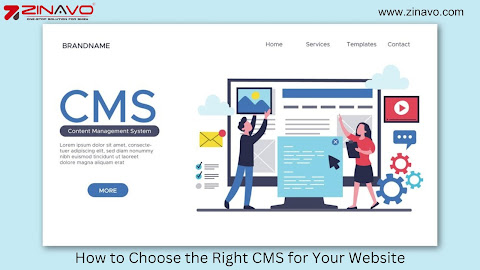What are the benefits of working with a website design company?

Introduction: The backbone of an effective online presence is an effective website. The DIY approach might be appealing, but working with a professional website design company offers many benefits that go far beyond aesthetic appeal. The benefits of entrusting your website to experts are compelling. Let's explore these advantages. Expertise That Matters: Unlocking Professional Know-How: One of the foremost advantages of partnering with a website design company is the expertise they bring to the table. These professionals have a deep understanding of the latest design trends, coding languages, and user experience principles. Their seasoned knowledge ensures that your website is not only visually appealing but also functionally seamless. From the intricacies of responsive design to the nuances of effective navigation, their expertise elevates the overall quality of your website. Tailored Designs: Crafting a Digital Identity: A cookie-cutter approach won't cut it in the competit...



